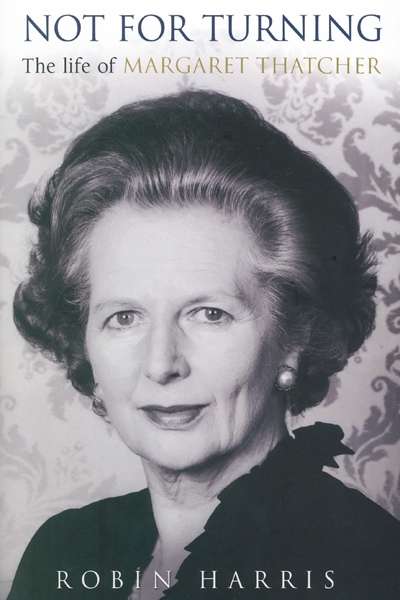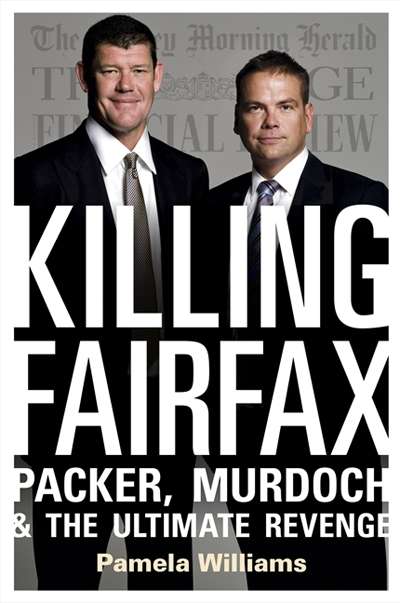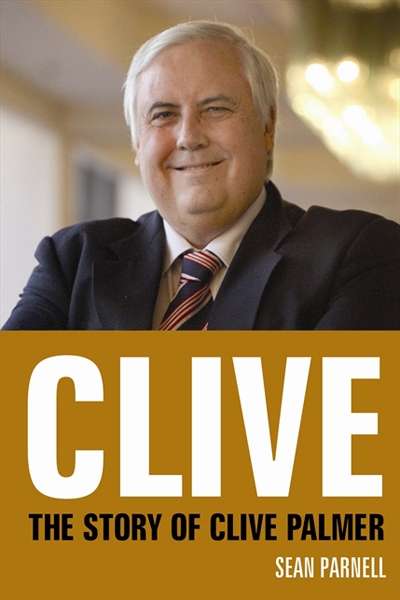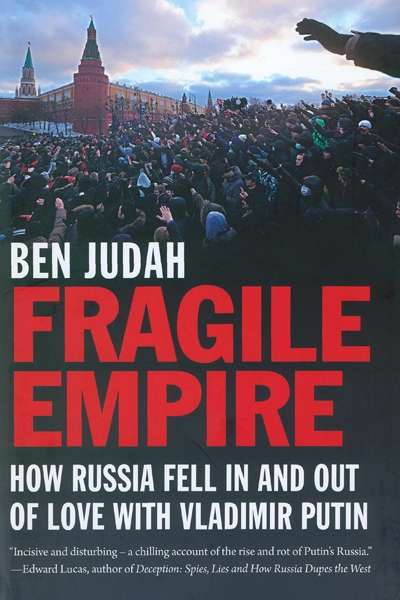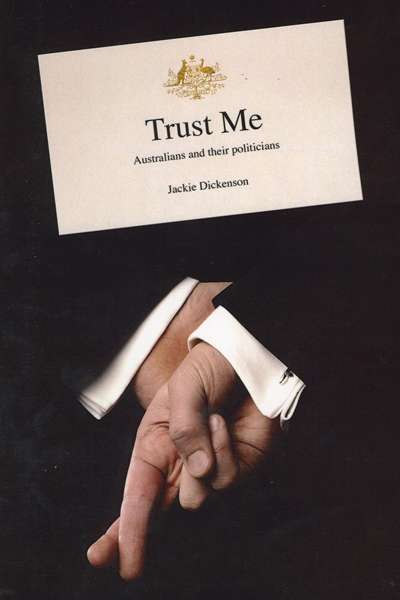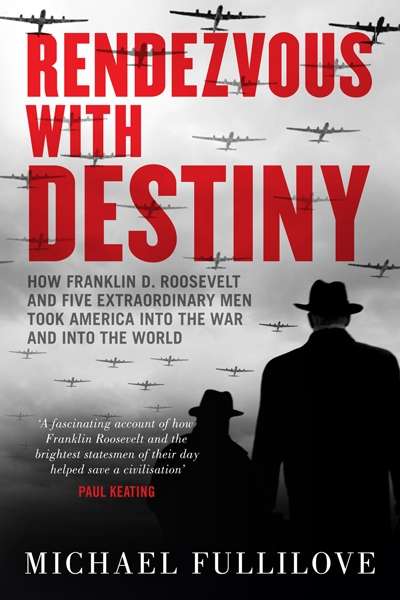Politics
An Unqualified Success: The extraordinary life of Allan Percy Fleming by Peter Golding
In 1939 President Roosevelt nominated the poet Archibald MacLeish to be the Librarian of Congress, replacing Herbert Putnam, who had held the post since 1899. MacLeish had not previously been employed in a library. American librarians reacted to the news with outrage and disbelief, with one of their leaders claiming that he could no more think of a poet as the Librarian of Congress than as the chief engineer of a new Brooklyn Bridge. Roosevelt was unmoved by the protests and petitions, and MacLeish duly took up the position. He held it for less than five years, but in that time he achieved a major reorganisation of the Library, broadened its research and cultural roles, and made some astute staff appointments, including two of his successors.
... (read more)For the True Believers: Great Labor speeches that shaped history edited by Troy Bramston
Gough Whitlam’s famous words during his impromptu speech after the Dismissal in 1975 remain a potent symbol of the excitements and turbulence of the Whitlam era. As Troy Bramston’s collection of ALP speeches since 1891 reminds us, political speeches can capture a national mood or sentiment at a particular time in history. Indeed, a carefully crafted set of words can become a treasured part of our national self-image. They can also boost or destroy a politician’s reputation. In an age when the media has become uncritically obsessed with gaffes, Twitter banalities, polls, and sound bites, it is worth remembering that a good speech can elevate the national conversation and appeal to our better instincts.
... (read more)The Mad Marathon: The story of the 2013 Election by Mungo MacCallum
Tim Bowden, ABC journalist and historian, hosted a television program called BackChat between 1987 and 1994. Viewers could write in with their comments on Aunty’s offerings. One correspondent criticised the Rob Sitch-inspired spoof of the commercial current affairs programs, Frontline ...
... (read more)Not for Turning by Robin Harris & Margaret Thatcher by Charles Moore
Our media treat leaders as personifying everything that matters, yet social scientists disdain leadership. Most of what we know about leaders comes from biographies. And biography, dominated by those wishing either to demonise, or to celebrate, their subject, is a craft monopolised by insiders, acolytes, and journalists. Regarding Margaret Thatcher, academics have discussed her premiership (1979–1990) in terms of economic change, social history, value transitions, and party decline. They display a disabling ambivalence over whether she was an agent or a manifestation of tectonic shifts. In parallel, there have been multiple biographies, the first published before she was defenestrated by her own party. A great deal, then, has already been written.
... (read more)Even the most seasoned political observers would have been surprised at the Palmer United Party’s triumph at the federal election, which saw it claim three seats in the Senate. Was it a stroke of luck or the work of a remarkable political strategist? In any case, the political fate of the PUP’s founder remains undecided ...
... (read more)Killing Fairfax by Pamela Williams & Rupert Murdoch by David McKnight
With James Packer and Lachlan Murdoch grinning smugly on its cover, Killing Fairfax: Packer, Murdoch and the Ultimate Revenge projects a strong message that they are indeed the company’s smiling assassins. Pamela Williams mounts a case that these scions of Australia’s traditional media families ...
... (read more)Even the most seasoned political observers would have been surprised at the Palmer United Party’s triumph at the federal election, which saw it claim three seats in the Senate. Was it a stroke of luck or the work of a remarkable political strategist? In any case, the political fate of the PUP’s founder remains undecided ...
... (read more)Fragile Empire: How Russia Fell in and out of Love with Vladimir Putin by Ben Judah
On 18 July 2013the Russian opposition figure Alexei Navalny was sentenced to a five-year jail term on corruption charges. Navalny, in a speech to the court castigating the dispensation which has emerged in Russia since Vladimir Putin first became president in 2000, attacked a ‘system of power in which 83 percent of the country’s wealth is in the hands of half of one percent of the population’. Widely held to be the result of political persecution by the Kremlin, Navalny’s conviction was condemned inside and outside Russia.
... (read more)Trust Me: Australians and their Politicians by Jackie Dickenson
‘Trust’ between voters and their elected representatives must seem rather arbitrary to politicians, whose success depends on its maintenance. Our simplistic expectations of honesty are belied by the ways in which our subconscious perceptions are herded into different narratives ...
Rendezvous with Destiny: How Franklin D. Roosevelt and Five Extraordinary Men took America into the War and into the World by Michael Fullilove
Michael Fullilove, head of the Lowy Institute, has written about President Roosevelt and the men who helped him to guide the US so reluctantly into World War II. Dennis Altman reviews this model of academic research.
... (read more)




